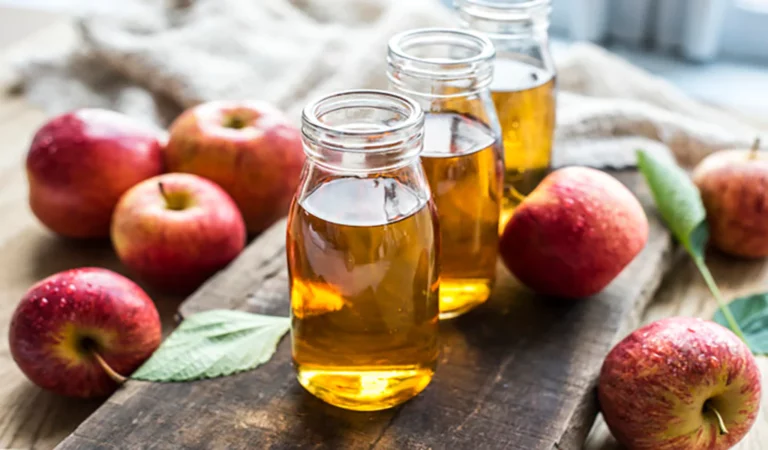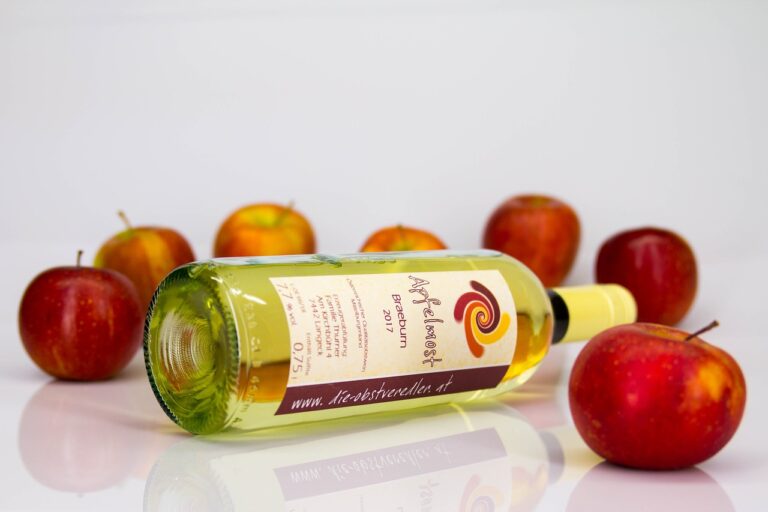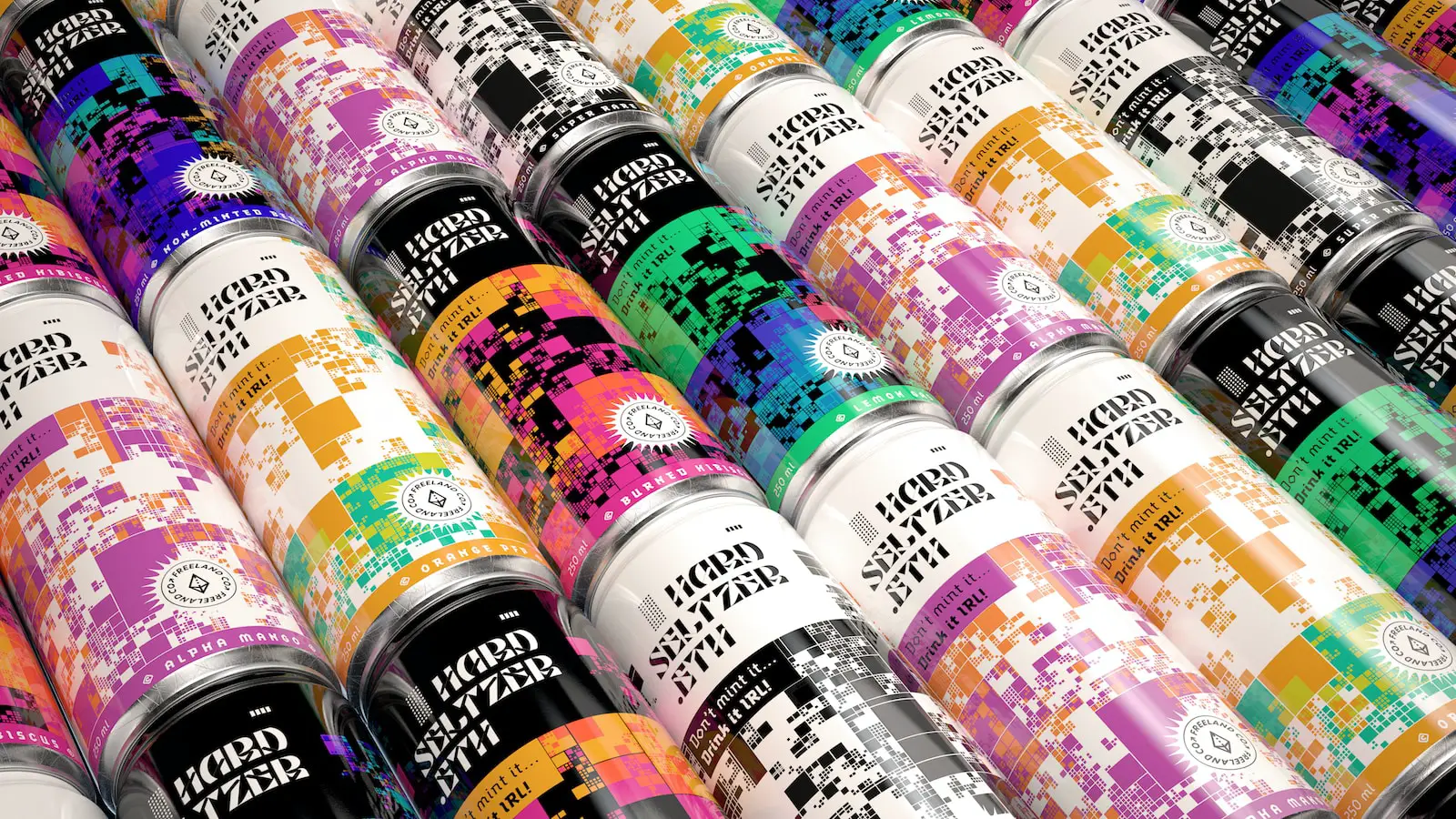Tequila is an alcoholic beverage that has become a favorite for many.
As with all alcoholic beverages, there are dietary observances attached to it.
In Judaism, these dietary laws are known as kosher laws, and they play a significant role in the consumption of food and drink.
The debate over whether tequila requires a hechsher (kosher certification) has been ongoing among Jews around the world.
In this blog post, we will look into the debate surrounding tequila’s compliance with kosher standards.
We’ll examine its production process and why some people believe it needs to be certified as such.
Additionally, we will provide information on where you can find Kosher-certified tequilas for purchase.
Keep reading to learn everything you need to know about tequila and its place in Jewish cuisine.
Understanding Kosher Certification And Why It Matters
A Hechsher, more commonly known as Kosher certification, is a sign of approval that certifies a product has been made in accordance with Jewish dietary laws.
This seal is very important for those who practice religious food regulations.
What Is A Hechsher And How It Relates To Kosher Dietary Laws
A Hechsher is a kosher certification that confirms whether an item meets the dietary laws of Judaism.
This symbol indicates that the food or beverage is prepared in accordance with Jewish customs and traditions, using strictly supervised ingredients and practices.
The certificate is issued by rabbis and authorized agencies, who conduct regular inspections at the distillery or production facility to ensure compliance with kosher requirements.
For Jews, keeping kosher means following religious guidelines on what foods they can eat, how it should be prepared, and where it comes from.
The purpose of these laws is to maintain physical and spiritual purity, as well as strengthen their connection to God.
Observing these rites fosters a sense of community among Jewish people worldwide; thus, adhering to Kosher ensures unity in tradition across all generations.
The Importance Of Kosher Certification
Kosher certification is important for those who follow Jewish dietary laws, as it ensures that the food or drink product complies with specific standards and requirements.
This includes the production process, ingredients used, and equipment used to manufacture the product.
Kosher certification is also important for religious and cultural reasons, as observant Jews are required to consume only certified Kosher products.
Tequila production requires careful consideration in terms of Kosher certification.
Only unflavored Blano tequila can be consumed without a hechsher, while other types like Oro, Reposado, and Anejo require certification.
The importance of Kosher certification for alcoholic beverages like tequila cannot be overemphasized.
Since it assures consumers that they are getting a quality product that adheres to their religious customs and traditions.
The Debate Over Tequila And Kosher Certification
Many tequila manufacturers argue that the production process of tequila does not require a hechsher, while others believe it is necessary to adhere to Jewish dietary laws.
To learn more about this ongoing debate and find out where to find kosher-certified tequila, keep reading!
The Production Process Of Tequila And Its Compliance With Kosher Standards
Tequila is made from the blue agave plant grown predominantly in the Jalisco region of Mexico.
During production, the juice from cooked agave piñas must ferment and distill under strict kosher standards to be deemed fit for Jewish consumption.
The fermentation tanks, distillation columns, pipes, valves, and any other equipment that comes into contact with the tequila must undergo rigorous cleaning procedures to comply with kosher laws.
Additionally, all ingredients used in the production process must also meet specific requirements to be kosher certified.
For example, additives such as caramel or other flavors added during aging could potentially contain non-kosher substances unless authorized by a rabbi or relevant Jewish authority.
Therefore it’s crucial that manufacturers seeking Kosher certification employ manufacturing practices and use only approved raw materials.
Overall, there are significant guidelines set for Tequila producers looking to obtain Kosher certification.
By following them precisely and maintaining stringent quality control standards throughout their facilities’ various stages of operation.
From cooking agave piñas through bottling, hey can ensure their products are compliant with Jewish dietary laws while providing consumers an excellent drinking experience.
The Controversy Surrounding The Need For A Hechsher On Tequila
There has been a debated topic about whether Tequila needs a Hechsher, which is the Jewish dietary certification stamp.
Although some may argue that Tequila does not require such certification, certain versions of this popular alcoholic beverage do require it.
Dark, repesado and aged tequilas must meet specific kosher standards in order to be considered fit for consumption by Jews.
However, unflavored Blano (white/silver) tequila is generally accepted without a hechsher.
The reason being that only 100% pure agave plant is used during the manufacturing process of white/silver tequila – an ingredient that doesn’t raise any concerns under Jewish dietary laws.
Ultimately, it’s important to understand which types of Tequila require kosher certification before purchasing for religious observance or Passover celebration.
Where To Find Kosher-Certified Tequila
Those seeking Kosher-certified Tequila can find it at specialized liquor stores or by searching online for certified brands such as Patrón, Don Julio, and El Tesoro, among others.
Ultimately, while the necessity of a Hechsher on tequila remains controversial within the Jewish community, those who observe strict dietary laws can rest assured that kosher options are available to them.
Options For Those Seeking Kosher-Certified Tequila
For those who observe Jewish dietary laws and require kosher certification for their tequila, there are options available.
Many distilleries have started to seek out hechsher requirements in order to cater to this demand.
Some popular kosher-certified tequila brands include Patrón, Casa Noble, and Don Julio.
In addition to seeking out specific brands, customers can also look for the Kosher for Passover Hechsher Symbol on the back label of their chosen tequila bottles.
This symbol ensures that the spirit meets all necessary requirements for Passover observance.
Even if a bottle does not yet have this symbol, it may still be considered kosher as long as it has been certified by an authorized Jewish agency.
Final Thoughts On The Topic Of Tequila And Kosher Certification
Overall, the debate over whether or not tequila needs a hechsher remains a contentious issue.
While unflavored blano tequila is acceptable without certification, dark and aged varieties require kosher certification.
And for those who observe Passover or maintain strict dietary observances, it’s essential to ensure that their spirits carry the proper hechsher symbol.
Fortunately, there are plenty of options available for those seeking kosher-certified tequila.
The Patrón Tequila brand has even taken steps to update their labels with the Kosher for Passover Hechsher Symbol.
So whether you’re enjoying a margarita at happy hour or raising a glass during your Seder meal, rest assured that there are kosher options out there to fit your preferences.
In the end, it all comes down to personal beliefs and customs.
For some, choosing kosher-certified spirits may be an integral part of their religious traditions.
But regardless of where one stands on this issue, we can all raise a glass of our favorite beverage in celebration – cheers!
Reference:
- Collive | Which Tequila Needs a Hechsher – https://collive.com/which-tequila-needs-a-hechsher/
- Green Go Scantina | Does Tequila Need a Hechsher – https://greengoscantina.com/does-tequila-need-a-hechsher/










